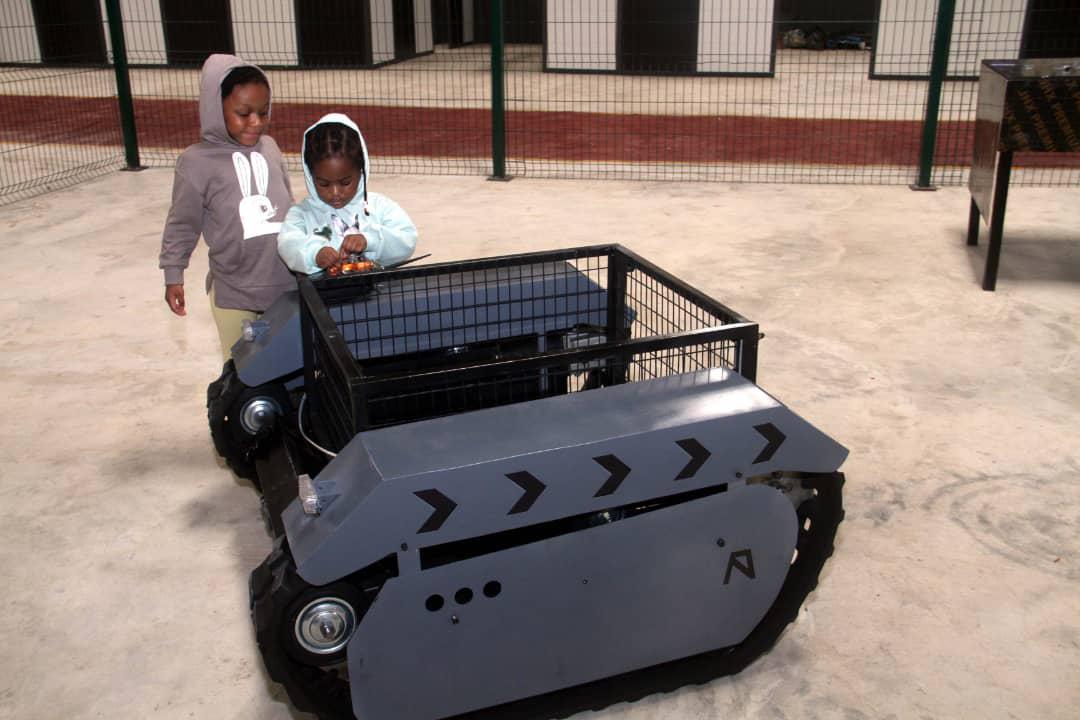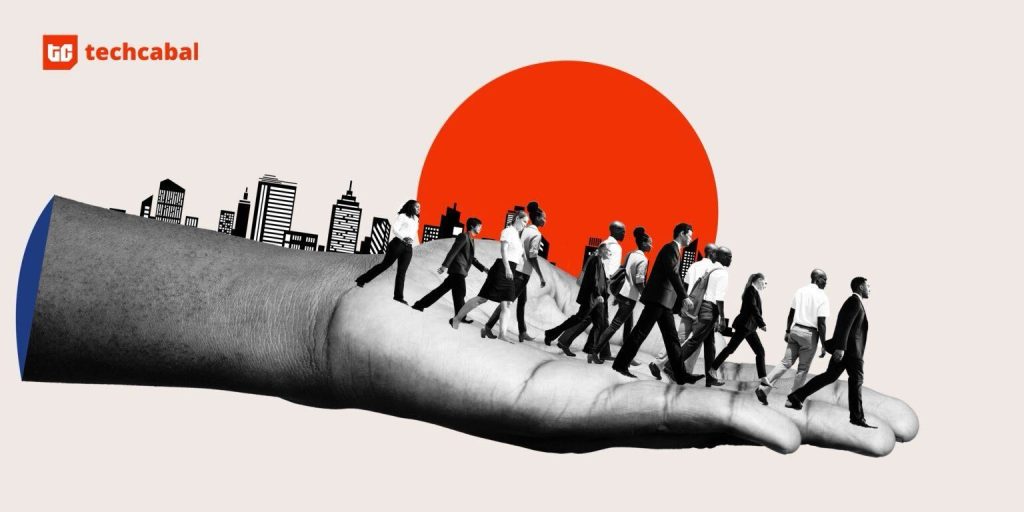As the world becomes more digitised, more industries are turning towards robotics and automation. Having technology perform tasks autonomously without human interference is the peak of technological advancement.
While developed countries like China and the US rapidly adopt automation with expensive and unmanned systems, developing nations are being left behind in this race because these systems are too costly for corporations or even governments. The few that can afford them lack the necessary support systems, such as training, maintenance, and assisted operations, to use these systems at scale.
As humanity surges forward, countries in Africa, such as Nigeria, dealing with increasing security threats, could benefit from advanced robotics systems in the military and other industries. To make automation more accessible to those who need it, TerraHaptix, a pioneering Nigerian automation startup, has officially opened Africa’s first dedicated robotics factory in Abuja.
Building the future, one robot at a time
TerraHaptix was founded by two visionary 21-year-olds, Nathan Nwachuku and Maxwell Maduka. They aim to accelerate automation in emerging markets by providing low-cost unmanned systems to core industries globally. The launch of this 15,000-square-foot robotics factory, roughly the size of 15 two-bedroom houses put together, positions TerraHaptix as a significant player in the global automation race and marks a giant leap for Africa’s industrial landscape.
The robotics factory currently has a production capacity of 5,000 units annually and the startup has ambitious plans to scale up production to 100,000 units annually by 2030. The goal is to focus on manufacturing in Africa while exporting to the world. The first export shipment is set to happen in a few days, and it will be to Ghana.
So far, the automation startup has developed three flagship products; Archer UAV, Duma ground robot, and Kallon sentry tower.
Meet the robots
- Archer UAV: This is an autonomous drone equipped with multispectral sensors and optical cameras. It has a 3-hour flight time and 200km range, making it ideal for data collection, aerial surveillance, and precision agriculture. It is suited for the African terrain with a great combination of ruggedness, sleek design, and efficiency.
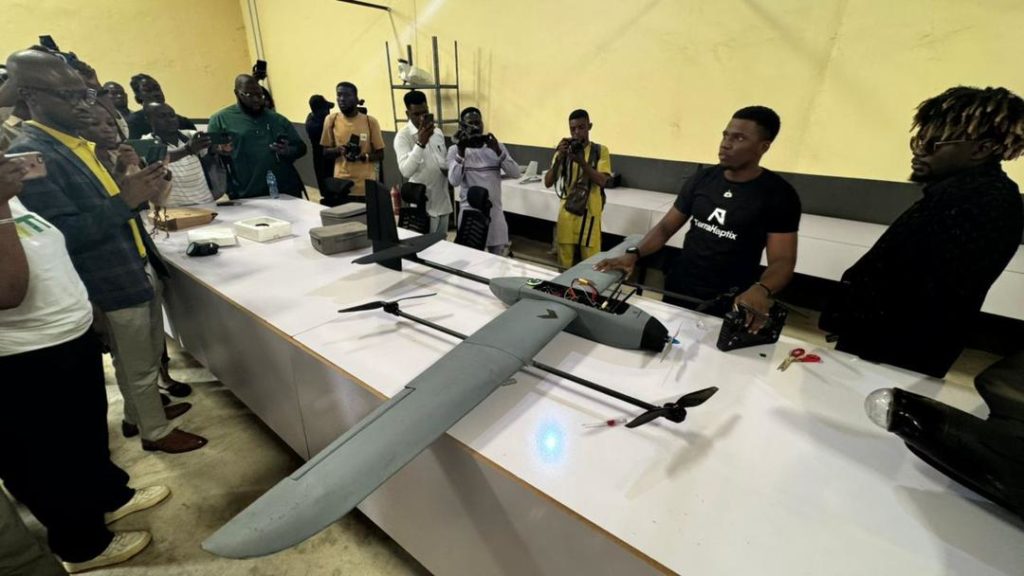
- Duma UGV: This is a multi-role ground robot. Its open architecture allows for customisation, using ground surveillance, logistics, crop harvesting and planting, and even IED detection and removal.
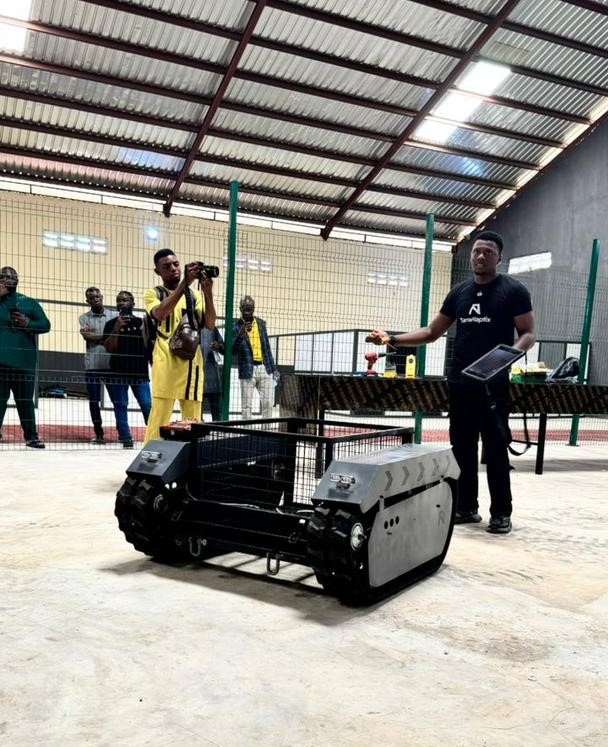
- Kallon Sentry Tower: This is an autonomous solar-powered surveillance tower that stands 40 feet tall. It leverages AI to autonomously detect, identify, and track objects of interest from up to 20 km. It is perfect for border security and perimeter control.
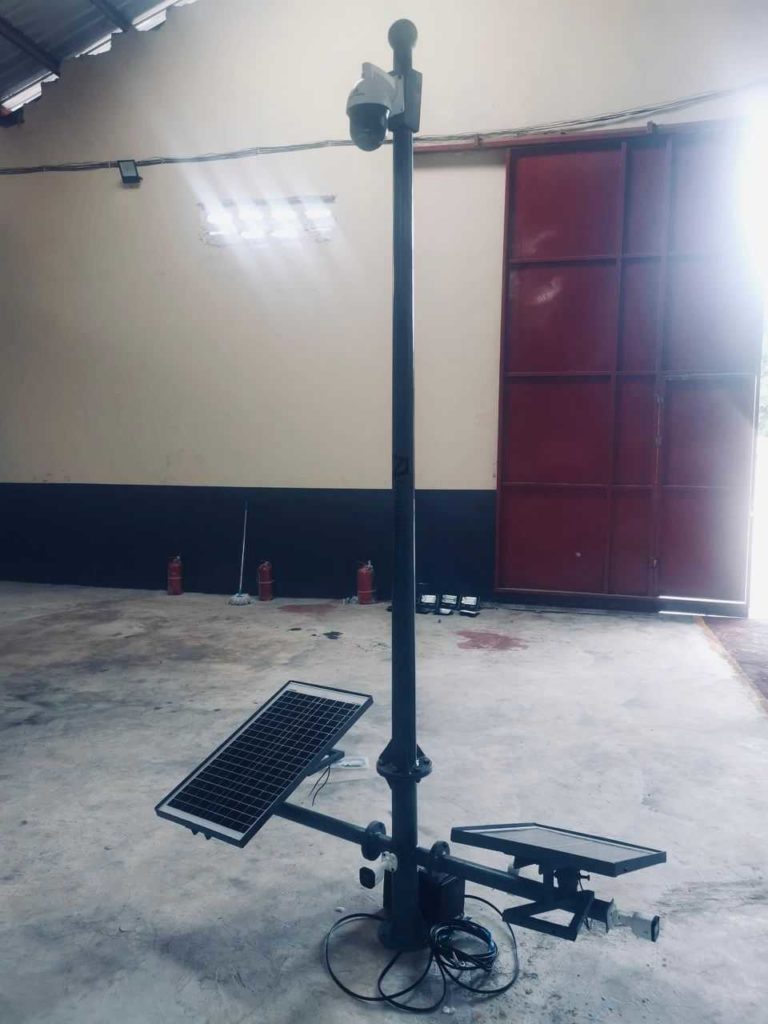
TerraHaptix stands out from the competition in three key ways: open architecture, and cost-effectiveness. All its robots are operated by Artemis, its AI command and control software. This AI control system provides onboard and on-ground real-time and historical data processing tools. The open architecture design, on the other hand, allows for easy customisation, catering to specific customer needs across different industries. TerraHaptix robotics are also significantly cheaper than their high-end counterparts. This makes automation a reachable reality for businesses and governments in emerging markets
The road ahead
While the factory in Abuja is a significant milestone, the startup’s ambitions extend far beyond national borders. With the first international shipment on its way to Ghana, plans to establish a second factory in East Africa by 2025/26 are underway.
In just seven months of operation, TerraHaptixs has hit $700,000 in revenue and $10M LOIs. The company is also marching into exciting new frontiers with research and development efforts underway for underwater drones for maritime surveillance.
TerraHaptix is building a future where automation empowers industries and unlocks growth across Africa and the developing world. This startup is poised to revolutionise the automation landscape in Africa and make the continent part of the global technology evolution.









